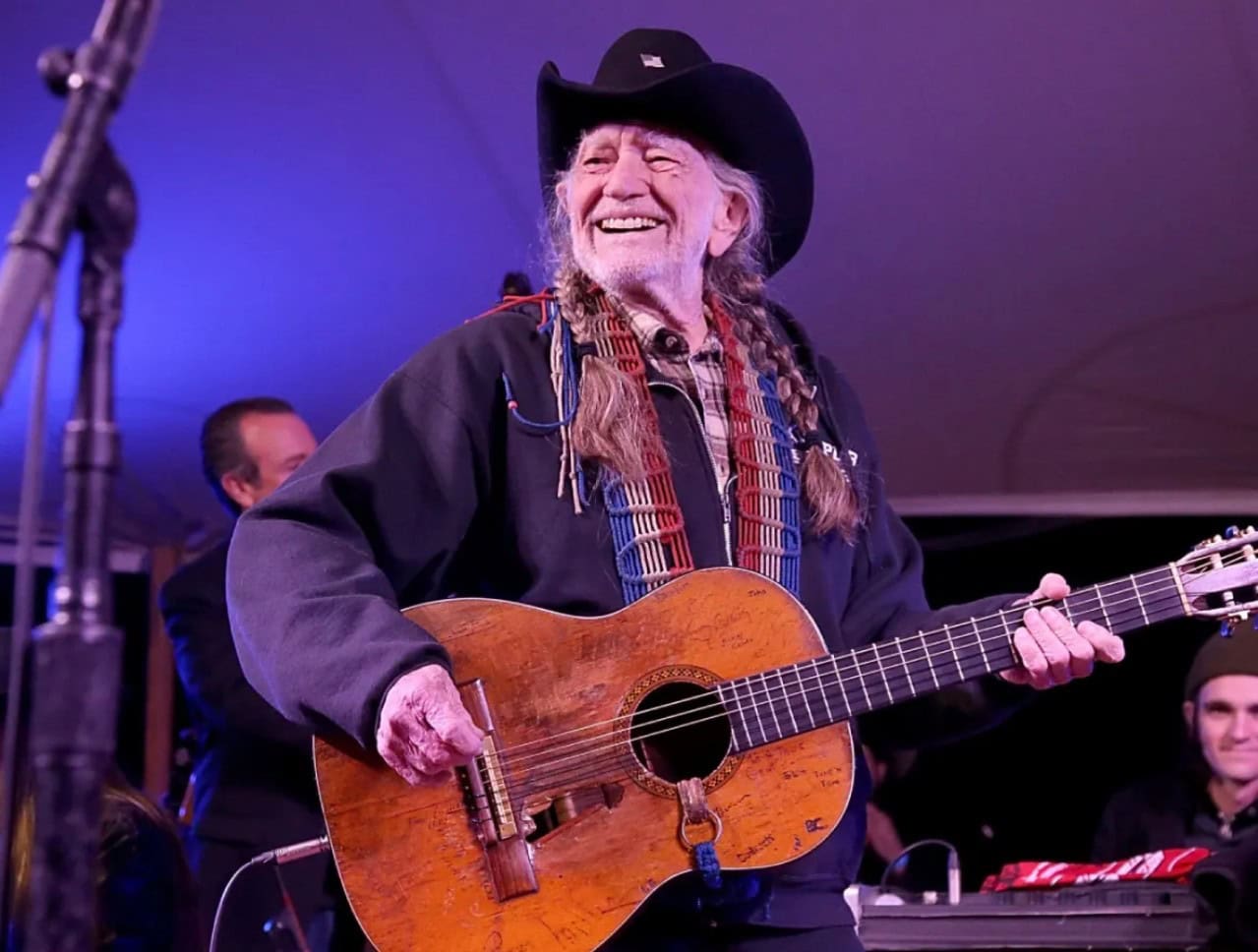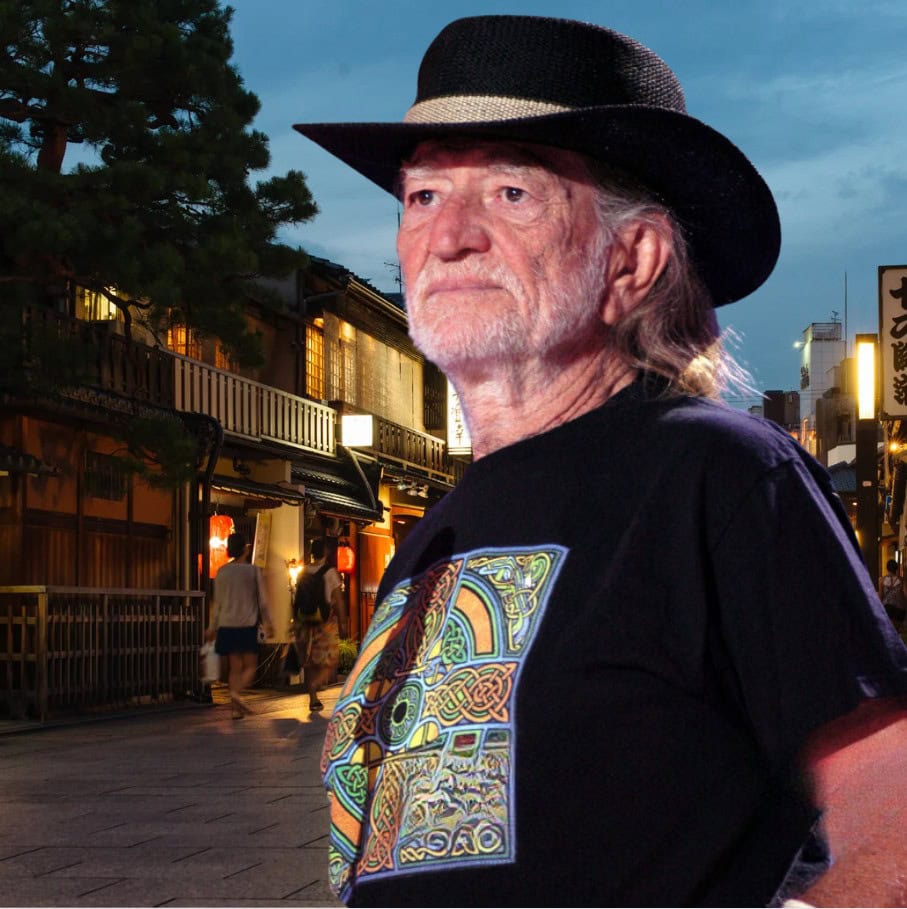
About the song
In the pantheon of country music, few names resonate as profoundly as Willie Nelson. A towering figure in the genre’s evolution, Nelson’s storied career is a masterclass in artistry, perseverance, and authenticity. Among his treasure trove of recordings, City Lights stands out as a testament to his ability to distill universal emotions into simple yet profoundly moving musical expressions.
Originally written by country legend Bill Anderson in 1957, City Lights was first popularized by Ray Price—a man whose career deeply intersected with Nelson’s. At the time, Price’s recording shot to number one on the country charts, cementing the song’s place as a timeless classic. However, when Willie Nelson took his turn at the microphone, he infused City Lights with his trademark blend of wistful melancholy and understated brilliance, offering listeners a new lens through which to experience this familiar tune.
The song itself is a lament steeped in longing and heartbreak. It captures the essence of a solitary soul gazing at the glittering cityscape, finding no solace in the dazzling urban lights. For all their brightness, they illuminate the depths of loneliness that follow a lost love. It’s a theme that resonates across generations—loss and longing remain constants in the human condition. Nelson’s rendition, with its unhurried phrasing and emotive depth, brings an unparalleled poignancy to Anderson’s lyrics.
Part of what makes City Lights so compelling in Nelson’s hands is his voice, an instrument as distinctive as his guitar, Trigger. His delivery is raw yet refined, a paradox that lies at the heart of his enduring appeal. Where some might over-sing such a tender song, Nelson opts for restraint. His vocal choices create an intimacy, as though he’s not performing for a crowd but rather confiding in a close friend. This quality transforms City Lights from a mere lament into a profound meditation on love’s lingering ache.
Another element worth noting is Nelson’s phrasing, a characteristic that has often set him apart from his peers. Like jazz musicians, he plays with the timing of his delivery, bending the melody to suit the emotion of the moment. In City Lights, this fluidity heightens the song’s reflective mood, pulling the listener deeper into its narrative.
Finally, City Lights serves as a bridge between Nelson’s formative years and his later status as a genre-defying icon. Early in his career, Nelson’s work was often overshadowed by other stars, but songs like this laid the groundwork for his eventual breakout. It showcases his deep respect for traditional country music while hinting at the unconventional spirit that would later revolutionize the genre.
Whether you’re a lifelong Willie Nelson fan or a newcomer to his vast catalog, City Lights is a song that invites you to pause, reflect, and lose yourself in its timeless beauty. It’s a quiet reminder of Nelson’s genius: his ability to make the personal universal and the simple profound.
Video
Lyrics
A bright array of city lights as far as I can see
The great white way shines through the nighT
For lonely guys like me
The cabarets and honky tonks
Their flashing signs invite
A broken heart to lose itself
In the glow of city lights
Lights that say “forget her name
In a glass of cherry wine”
Lights that offer other girls
For empty hearts like mine
They paint a pretty picture
Of a world that’s gay and bright
But it’s just a mask for loneliness
Behind those city lights
The world was dark and God made stars
To brighten up the night
But the God who put the stars above
I don’t believe he made those lights
For it’s just a place for men to cry
When things don’t turn out right
Just a place to run away
And hide behind those city lights
Lights that say “forget her love
In a different athmosphere”
Lights that lure are nothing
But a masquarade for tears
They paint a pretty picture
But my arms can’t hold her tight
I just can’t say “I love you”
To a street of city lights
I just can’t say “I love you”
To a street of city lights
